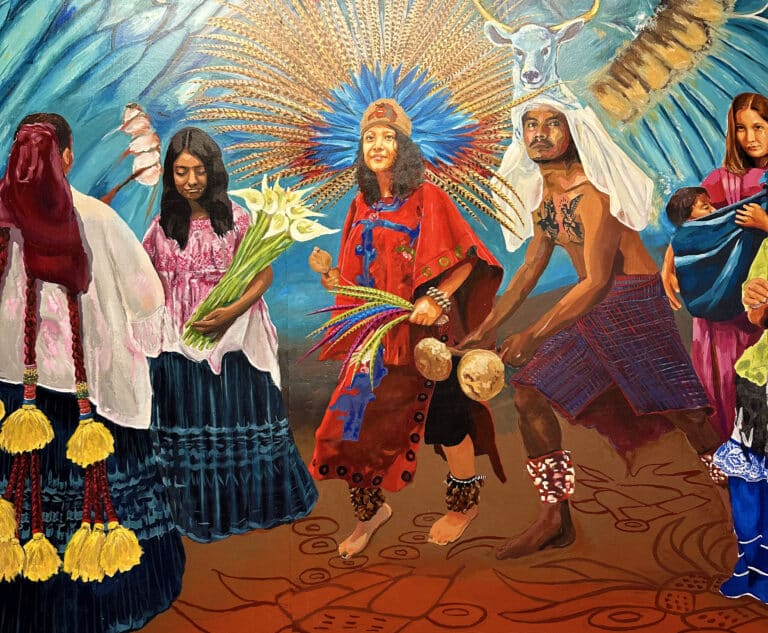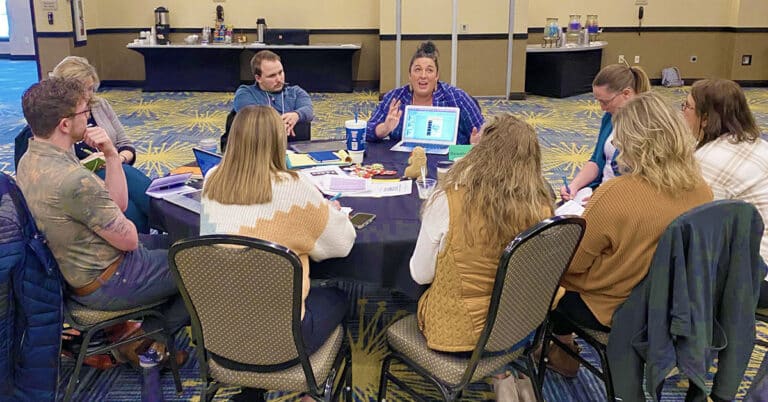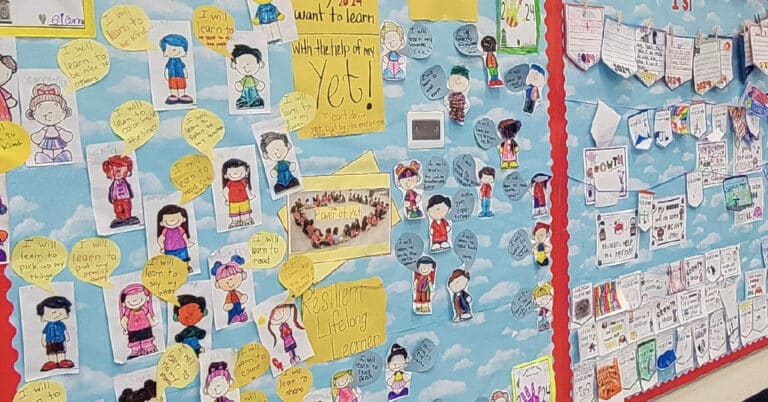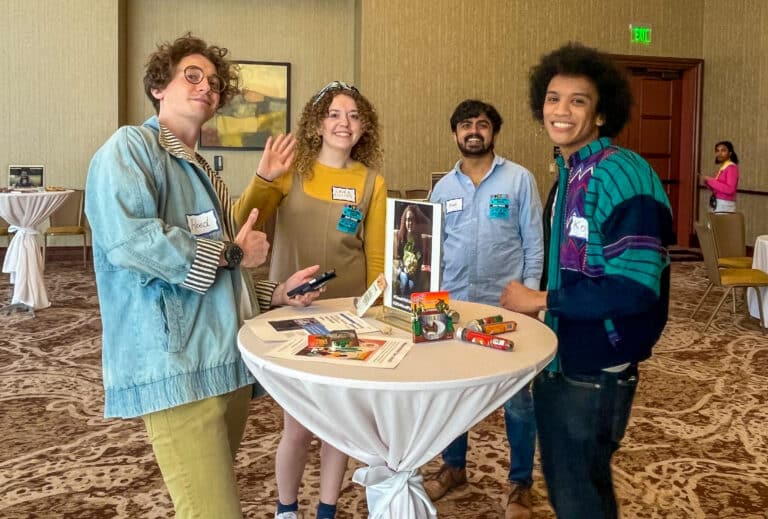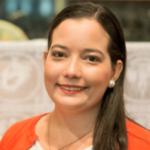At KnowledgeWorks, we work to foster meaningful personalized learning for all young people to help them prepare for college, career, and life. As we and others work to shape the future of learning, we need to make sure that our efforts to reorient education around learners also strengthen society.
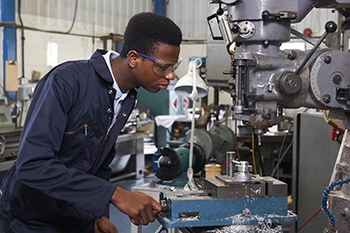 I hear this tension discussed frequently: many education leaders and innovators think that learners’ interests and needs should play a larger role in what is taught and how learning is organized than is common today. But they also caution that placing increasing emphasis on personalized learning could reduce civic responsibility, undermine social connections, and further marginalize certain learners and communities.
I hear this tension discussed frequently: many education leaders and innovators think that learners’ interests and needs should play a larger role in what is taught and how learning is organized than is common today. But they also caution that placing increasing emphasis on personalized learning could reduce civic responsibility, undermine social connections, and further marginalize certain learners and communities.
Exploring personalized, yet community-oriented, learning pathways can help strike a balance between the opportunity and the challenge. Two strategies can help educators working in K-12 schools activate such learning pathways:
- Connect personal and community interests by linking learners’ individual needs, interests, and goals with larger community needs and exposing learners to challenging ideas beyond what they already know.
- Recognize learner impact by creating incentives and opportunities for students to participate in authentic and meaningful work beyond school walls and by measuring the impact of their contributions.
Some such efforts exist today, providing reference points for others to consider in exploring these strategies. Among them:
- Ashoka Changemaker Schools organizes curriculum in ways that foster empathy, teamwork, leadership, and problem-solving, helping students develop as ChangeMakers who find their voices and make a positive impact on the world.
- Getting Smart’s place-based education campaign seeks to encourage the creation of authentic, meaningful, and engaging personalized learning experiences that “[connect] learning and communities with the primary goals of increasing student engagement, boosting academic outcomes, impacting communities and promoting understanding of the world around us.”
- Middlebury College’s Center for Social Entrepreneurship encourages students to apply their learning beyond the classroom by providing opportunities for them to identify and address real-world problems through ventures created with the help of staff, mentors, and community partners.
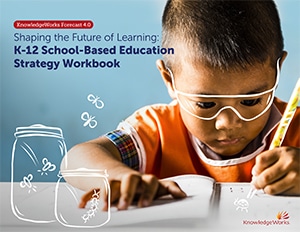
For more ways of linking your current practice to future opportunities, see Shaping the Future of Learning: A Strategy Guide©.
Looking ahead ten years, we could seek increasing uptake of purpose-driven learning that links classroom experiences to real-world challenges. Engaging with authentic challenges for real organizations could elevate students’ and educators’ role and status in communities, helping students learn to evaluate their potential for unique contribution to a complex economy. Such experiences could also help students develop critical skills as innovators and problem solvers who shape their lives and their communities in constructive ways.
To make these possibilities more concrete, let’s imagine what these shifts might look like. What if:
- Individuals and student teams earned personal impact scores for working to address real-world problems?
- Contribution portfolios demonstrating evidence of learners’ development and passions became the primary assessment of learning?
- School social impact scores served as critical metrics for attracting funding, partnerships, and community engagement?
Regardless of what you think personalized, community-oriented learning pathways should look like in your context, enabling them can give learners a greater sense of responsibility for the world around them and help them interweave their personalized learning journeys with their environments. As you consider how your school or schools with which you work might move in this direction, remember that cultivating intentional partnerships rooted in common values can help you create coherent and meaningful opportunities for learners to develop to their fullest in deep community contexts.
Even if it’s hard to imagine enabling personalized, community-oriented learning pathways at scale, remember too that every big change begins with a single step. Where might you support even one project that gives students a real opportunity to contribute locally?
Shaping the Future of Learning: K-12 School-Based Education Strategy Workbook© was created to support leaders and innovators in K-12 school-based education.

